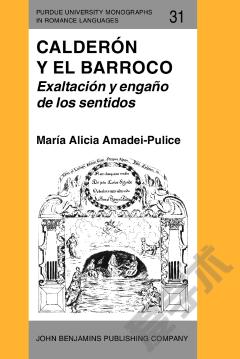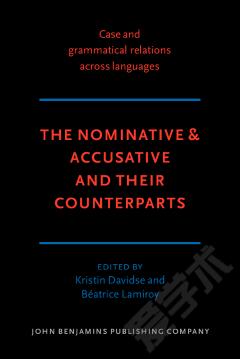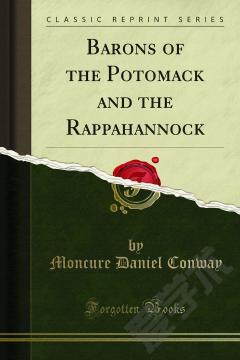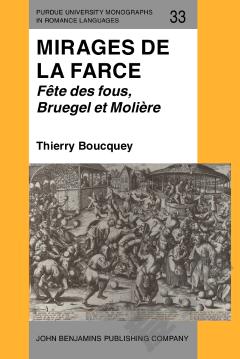Calderón y el Barroco. Exaltación y engaño de los sentidos.
Amadei-Pulice examines the conflict between Lope's dramatic formula (comedia) and the new polytechnic formula that in the hands of Calderon merged dramatic poetry with visual and auditory effects (comedia de teatro). The author places the Spanish baroque theater within the wider context of a revolution in the theory of representation, signs, and meanings that took place at the beginning of the seventeenth century and marked the appearance of a new dramatic style: the stile rappresentativo. Special attention is given to the techniques and applications of perspectival scenery, stagecraft, optics, and the creation of visual and sound effects contributed by the Florentine melodramma. The highlighting of Italian dramatic theory and practice reveals that Calderon was an innovator and creator of a new concept in theater.
{{comment.content}}








 京公网安备 11010802027623号
京公网安备 11010802027623号